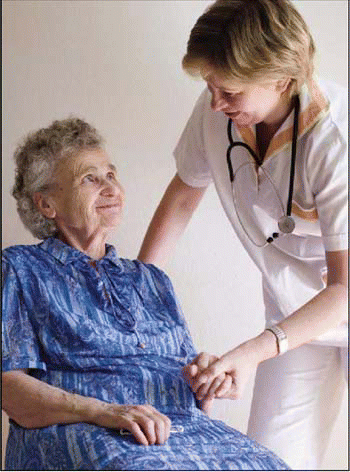How Does It Begin?
The practice of generosity begins in welcome-a hospitality that offers whatever the host has that meets need of the guest, according to the author Arthur W. Frank. The renewal of generosity is hastened, according to Frank, if participants in the medical relationship think of themselves as hosts and guests rather than as patients and professionals, or as consumers and providers.
Explore This Issue
November 2007Dr. Enright believes that generosity can be nurtured by taking the time to reclaim the ancient practice of soul talk. As an example, he cited Jews who reserve the Days of Awe (i.e., the time between Rosh Hashanah and Yom Kippur) to take inventory of their souls. One must take the time to think about the issues of one’s soul, how one is living and how one wants to live. It’s only as we take time to listen to our souls that we wake up to that sacred storyline lurking beneath the surface of our respective autobiographies, he said. Generosity and gratitude are kissing cousins-they nurture each other. Generosity births gratitude, which, in turn, expresses itself as generous giving.

Dr. Enright told stories to emphasize that the pursuit of generosity involves a life-long quest. He told of people who acted to counter traumatic experiences in their lives. He cited a hospital manager who created a hospital in which the experience of the patient would be opposite from the emotionally traumatic experience he had in a hospital as a child, and a man who had a heart attack and felt grateful to the hospital staff so he became a magnanimous donor. Gratitude in the form of generous giving is how we humans often express our thanks for the serendipitous graces that have touched our lives, Dr. Enright explained.
Other people become generous by turning their passion for something that has adversely affected them into compassion to address the root causes of pain and suffering. As an example, Dr. Enright told the story of a man whose mother had polio and gave birth to him in an iron lung. He had vivid childhood memories of pushing his mother in her wheelchair in a parade every year to raise money for the March of Dimes polio drive. Now an adult, he pushes himself to participate in seven marathons in seven months in seven different countries to help raise money to help disabled people.
Leave a Reply